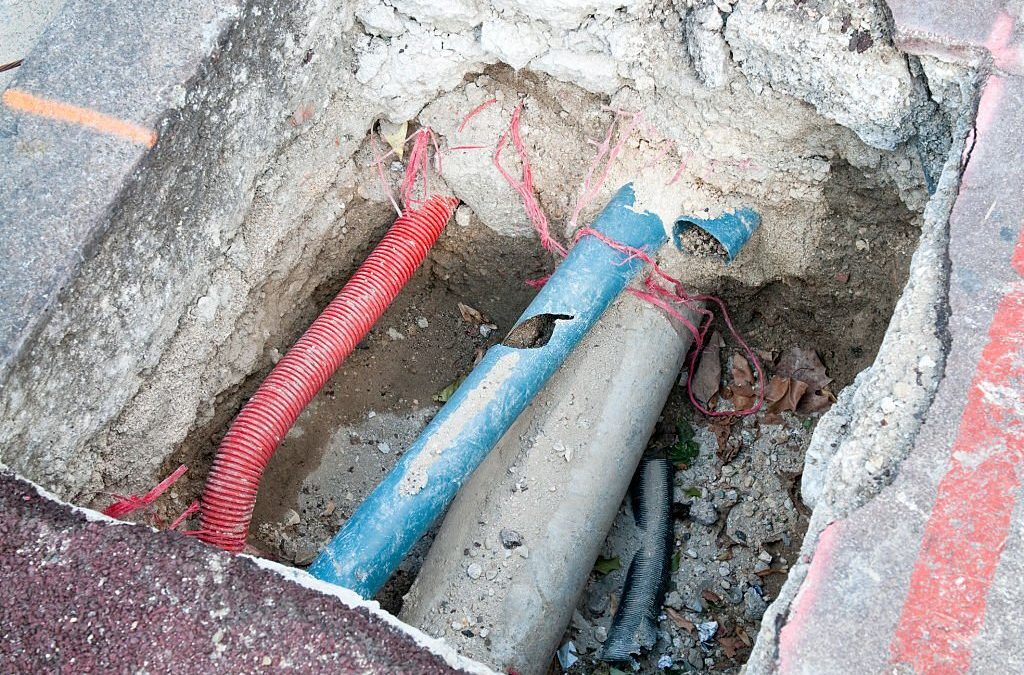It can be very stressful when you need a new sewer line installed. However, a plumber can estimate how long it will take to replace a sewer line. Many different reasons a sewer line needs to be replaced include clogged drains, damaged pipes, and buried roots. Regardless of which reason you have, a plumber will be able to give you an accurate estimate.
Most sewer line repairs take anywhere from one to three days. This can vary widely depending on the damage’s severity and the pipe’s size. A minor clog, for example, may only take a couple of hours to clear, but more complex repairs can take several days. A virtual expert can evaluate your problem and give you an estimate for free. However, it’s better to get the cost and the estimated time before the work begins so that you can prepare yourself for any surprises along the way.
A broken sewer line is the last thing any homeowner wants to deal with. The smell, mess, and even illness from sewage can make it a nightmare. Fortunately, plumbers are well trained to handle all sewer line repairs and provide an affordable, high-quality service. A professional sewer inspection will identify any problem areas and determine whether they require a total replacement or repair. This way, you can avoid more expensive repairs in the future.
If the problem is underneath your house, replacing a sewer line can be easier and faster than repairing the line in the street. However, if you do not have a crawl space, you may need to hire a plumber who can dig through your floor to reach your sewer line. There are also trenchless sewer line repairs, which can save you money and hassles. So, how long does it take to replace a sewer line?
Sewer lines can last for many decades. Their lifespan is mainly dependent on how well they are maintained. Typically, PVC pipes can last for a hundred years or more, while cast iron pipes may last for 50 to 60 years. Clay pipes may last longer, but they’re not forever. So, if you’re worried that your sewer line needs replacement, you should consider the materials used to build it.
Old pipes are often the culprits in leaky pipes. Not only do they damage your home, but they also expose you to harmful biological agents. A leaky pipe can cause a buildup of moisture, which is all that bacteria and mold need to grow. Because sewers are designed to maintain open channel flow, they require a certain minimum velocity to prevent depositions and ensure proper ventilation. However, you should consult your plumber before choosing any plumbing contractor for the job, as they may be able to provide an estimate of how long it will take to replace your existing sewer line.

